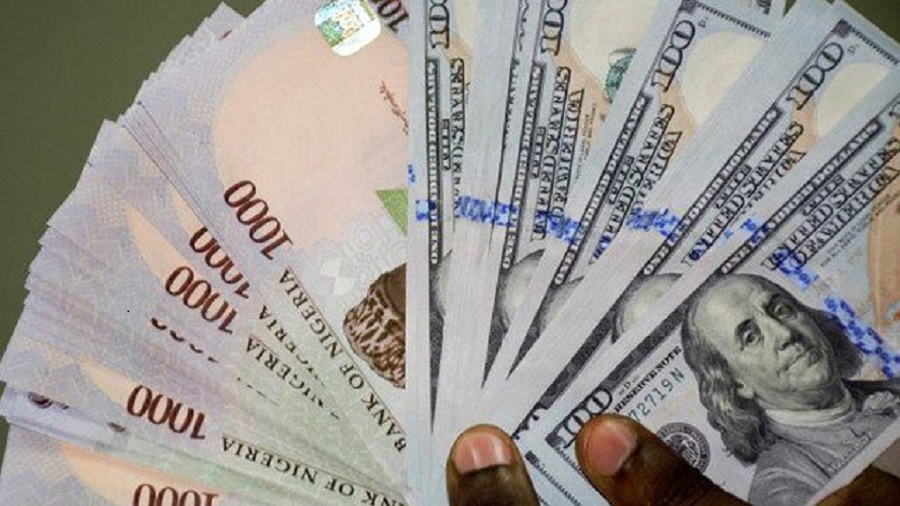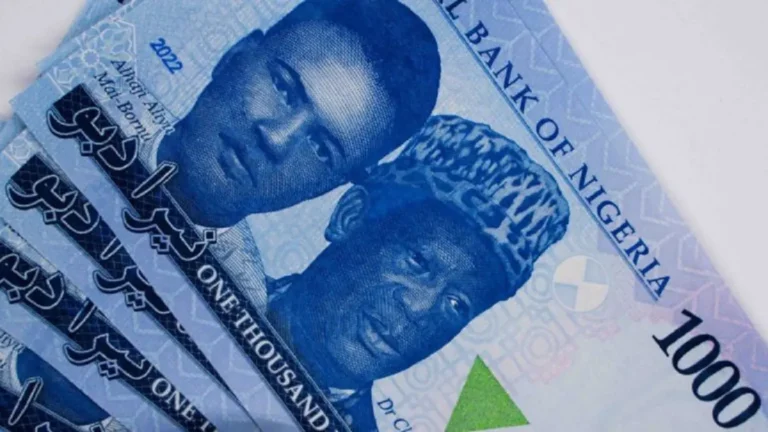
Fitch Ratings has upgraded Nigeria’s has upgraded Nigeria’s Long-Term Foreign-Currency Issuer Default Rating to ‘B’, from ‘B-‘ with a stable outlook.
According to the rating commentary issued late Friday, “The upgrade reflects increased confidence in the government’s broad commitment to policy reforms implemented since its move to orthodox economic policies in June 2023, including exchange rate liberalisation, monetary policy tightening and steps to end deficit monetisation and remove fuel subsidies.
“The Stable Outlook reflects Fitch’s expectation that the macroeconomic policy stance will sustain improvements in the functioning of the FX market and support the move to lower inflation, although it will likely remain far higher than rating peers.
“Additionally, we anticipate a continued reduction in external vulnerabilities through further easing of domestic FC supply constraints, while renewed energy sector reforms should help sustain current account surpluses.”
While commending the increased transparency in the FX market, Fitch projected a modest depreciation of the naira in the short term
“Greater formalisation of FX activity including the Central Bank of Nigeria’s recent introduction of an electronic FX matching platform and a new FX code to enhance transparency and efficiency, along with monetary policy tightening, has led to a greater rise in FX liquidity and general stability in the FX market after a 40 per cent depreciation in 2024, closing the spread between the official and parallel exchange rates.
“Net official FX inflows through the CBN and autonomous sources rose by about 89 per cent in 4Q24, compared to an 8 per cent rise in 4Q23. We expect continued formalisation of FX activity to support the exchange rate, although we anticipate modest depreciation in the short term,” the rating firm said.
On the impact of the 14 per cent US tariff imposed on Nigeria, Fitch said the effect would be limited.
“Fitch expects the impact of US tariffs on Nigeria’s trade position with the US to be limited, amid the exclusion of oil-related exports, which accounted for about 92 per cent of total exports (nearly 2 per cent of GDP) to the US in 2023. Lower oil prices pose a bigger risk as they would weaken external buffers and fiscal metrics and test the new policy framework. Nevertheless, greater policy flexibility enhances Nigeria’s ability to deal with shocks,” part of the commentary read.


